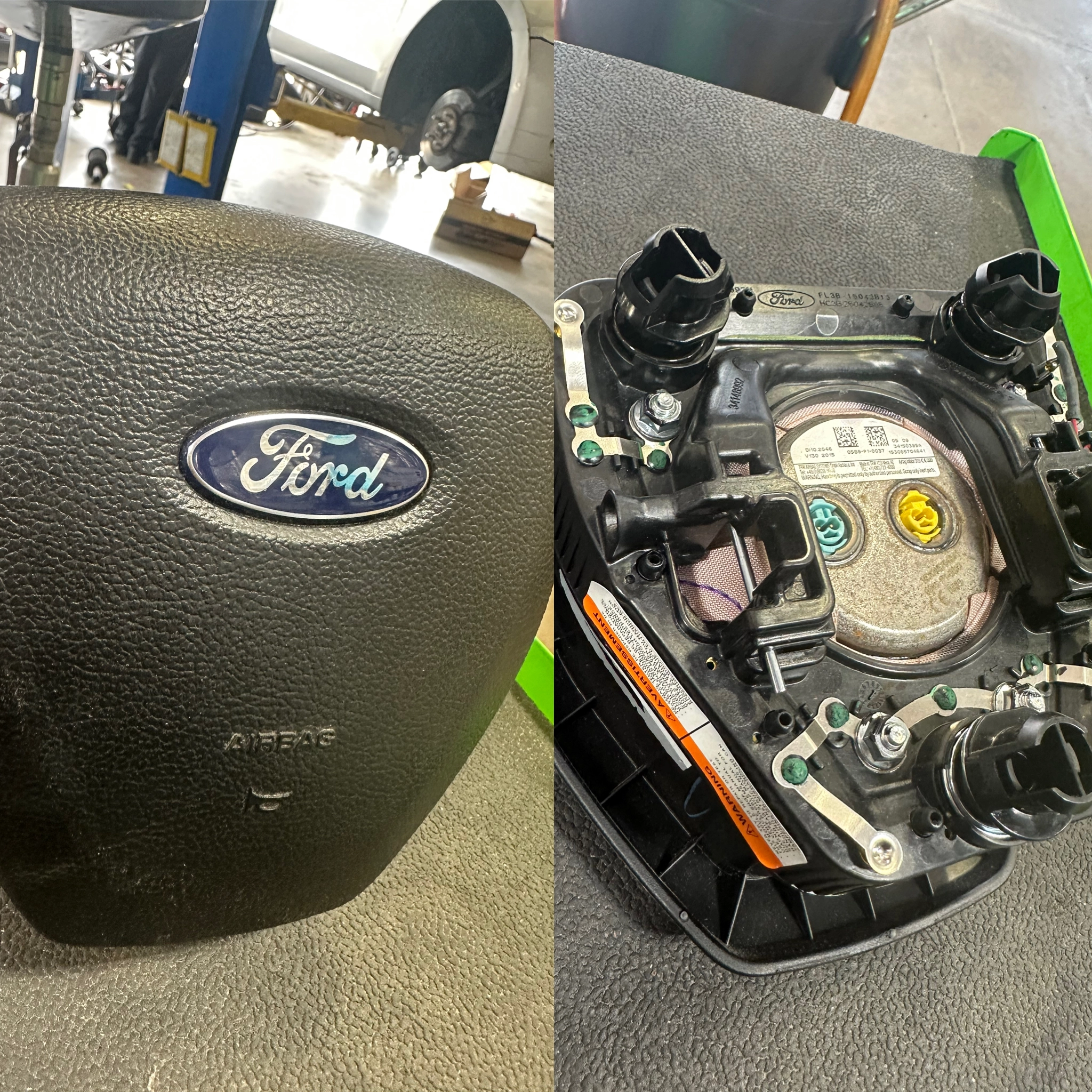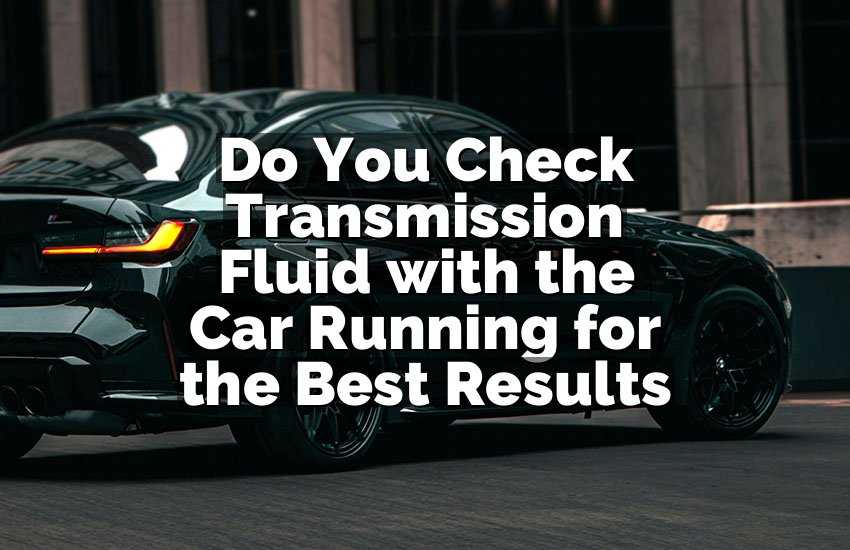Car horn activation on battery connection can be caused by a loose or corroded connection in the horn circuit or a faulty horn relay. The activation may also result from a short circuit in the steering wheel.
Car horn activation on battery connection can be quite alarming and is often due to a malfunction in the electrical system. Loose or corroded connections in the horn circuit, a faulty horn relay, or a short circuit in the steering wheel can all lead to the unintended activation of the car horn.
It is essential to address these issues promptly to prevent further electrical problems and ensure safe operation of the vehicle.

Credit: www.amazon.com
Battery Connection Failure
One of the common causes of car horn activation issues is battery connection failure. When the battery is not properly connected, it can result in intermittent or complete failure of the car horn. This can be quite frustrating for drivers, as the horn is an essential part of ensuring safety on the road. There are various reasons why the battery connection may fail, including loose or corroded battery terminals and faulty wiring. In this section, we will explore these causes in more detail.
Loose Or Corroded Battery Terminals
Loose or corroded battery terminals can be a major culprit behind car horn activation problems. Battery terminals are the metal connections that attach the battery cables to the battery posts. Over time, these terminals can become loose or covered in corrosion, hindering the flow of electricity between the battery and the horn. Consequently, the horn may produce a weak sound or fail to work at all.
Tip: Regularly inspect and clean your battery terminals to prevent corrosion. This will help ensure a good electrical connection and reduce the likelihood of horn activation issues.
Faulty Wiring
Faulty wiring can also lead to battery connection failure and affect the proper functioning of your car horn. Wiring issues can arise from damaged or frayed wires, loose connections, or even faulty relays. These problems disrupt the flow of electricity from the battery to the horn, resulting in horn malfunctions.
In some cases, the wiring problem may be localized around the horn itself. A loose or damaged wire connection may cause intermittent horn activation or a complete failure. On the other hand, issues with the wiring system in your vehicle can affect multiple components, including the car horn.
Tip: If you suspect faulty wiring to be the cause of your car horn activation problems, it is recommended to consult a professional mechanic. They will have the necessary expertise to diagnose and fix any wiring issues in your vehicle.
In summary, battery connection failure is a common cause of car horn activation problems. Loose or corroded battery terminals, as well as faulty wiring, can disrupt the flow of electricity and impact the functionality of the car horn. Regular maintenance and inspection of battery terminals, along with professional assistance for wiring issues, can help resolve these problems and ensure the proper functioning of your car horn.
Electrical System Malfunction
Car horn activation on battery connection can signal an electrical system malfunction. Common causes include a short circuit, faulty wiring, or a malfunctioning horn relay. Addressing these issues promptly is crucial for the safety and functionality of your vehicle.
If you hear your car horn suddenly blaring out of nowhere, it may indicate an electrical system malfunction. Several factors can contribute to this issue, including short circuits and faulty relays. In this section, we will explore these common causes and provide some insights into why your car horn activates on battery connection.
Short Circuit
A short circuit is one of the most common electrical system malfunctions that can lead to your car horn activating unexpectedly. This occurs when a wire carrying an electric current comes into contact with another wire or a conductive surface, causing a sudden surge of electricity. The excess voltage can overload the horn’s circuit and trigger it to honk.
In older vehicles, damaged or frayed wiring can increase the likelihood of a short circuit. The insulation around the wires wears down over time, leaving them vulnerable to contact. Additionally, DIY modifications or aftermarket installations that involve electrical wiring can create unforeseen points of contact and increase the risk of short circuits.
To diagnose and fix a short circuit, it is crucial to inspect your car’s wiring system thoroughly. Identifying damaged or exposed wires and replacing them can help restore the electrical connection and prevent your horn from activating unexpectedly.
Faulty Relays
Another potential cause of car horn activation on battery connection is a faulty relay. Relays are electrical switches that control the flow of electricity to various components in your vehicle, including the horn. If a relay becomes stuck in the closed position, it can send a continuous signal to the horn, causing it to sound non-stop.
Relays can malfunction due to wear and tear or electrical overload. Excessive heat from engine compartments can also contribute to relay failure. It is important to note that faulty relays not only affect the horn but may impact other electrical components as well.
To address this issue, you can try tapping on the relay to see if it frees up and stops the horn activation. If this doesn’t work, you may need to replace the faulty relay with a new one. Consult your vehicle’s manual or seek professional assistance to ensure the correct relay is selected.
Car Alarm System
One crucial aspect of a vehicle’s security is its car alarm system. The alarm is designed to alert the vehicle owner and others nearby about potential security breaches, ultimately deterring theft and vandalism.
Faulty Alarm Sensor
An underlying cause of car horn activation related to the battery connection could be a faulty alarm sensor. When the sensor malfunctions, it may trigger the car horn to go off unexpectedly, causing inconvenience to the vehicle owner and surrounding individuals.
Defective Alarm Module
A defective alarm module can also lead to car horn activation issues. If the alarm module is not functioning correctly, it may send incorrect signals to the car horn, resulting in unwarranted activations, and ultimately draining the vehicle’s battery.

Credit: www.amazon.com

Credit: ferberstireandauto.com
Conclusion
To sum it up, understanding the common causes of car horn activation on battery connection is crucial for every vehicle owner. Whether it’s a wiring issue, a faulty relay, or a problem with the steering column, knowing what may trigger your car horn can save you from unnecessary honking episodes.
Regular maintenance checks and immediate attention to any unusual horn activity will ensure a peaceful and quiet driving experience. Prioritizing these precautions will keep your car’s horn in check, allowing it to serve its purpose when needed.


